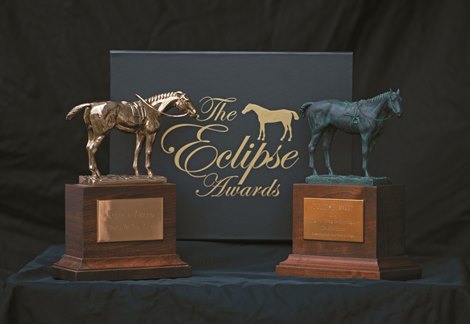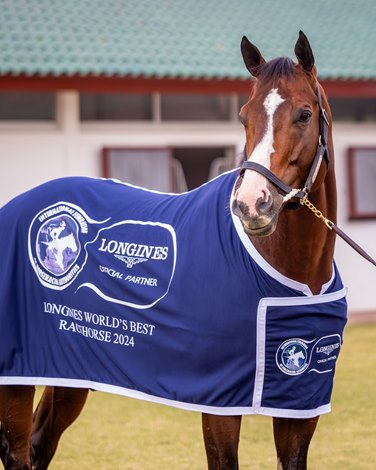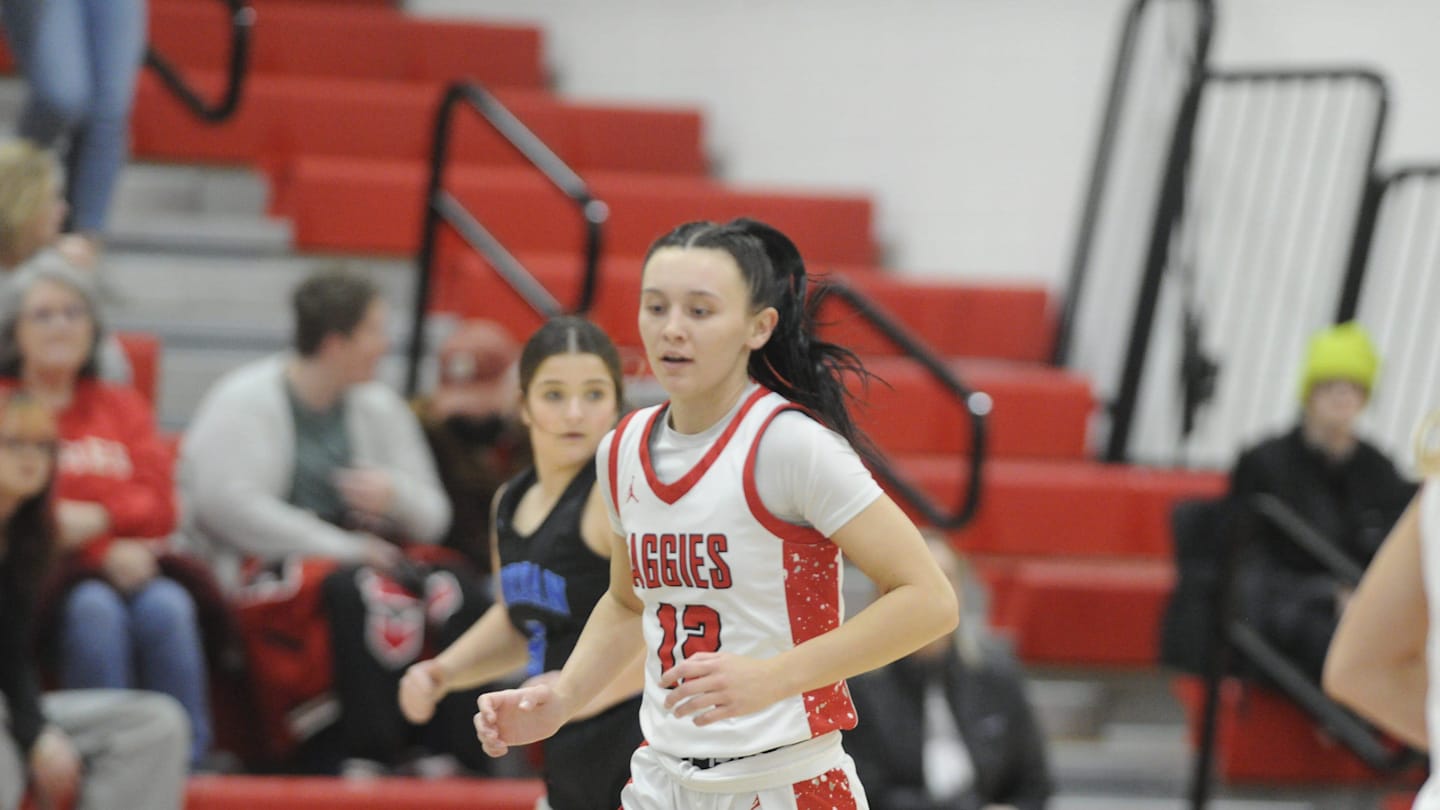For Patricia Meadow, A Life with Horses Was Both Destination and Journey

An appreciation, by T.D. Thornton
Over the course of 45 years as a jockey, trainer, owner and breeder, Patricia E. Meadow never really cared for it to be publicized that she was a Harvard University astrophysics major who had additionally earned a medical-school degree. She rarely, if ever, referred to herself around the racetrack by her hard-earned “doctor” title.
Although Meadow accumulated only 32 victories from 480 lifetime starts over nearly four decades of training and hadn’t saddled a winner since 2019, her passing Dec. 29 was met with an outpouring of fond remembrances from people whose lives she touched in the Thoroughbred communities of New England, upstate New York, and in Aiken, South Carolina, where she died at age 74.
Horseplayers might recall Meadow’s name as the conditioner of a small stable of long shots that competed as recently as this past season at Saratoga Race Course, where they occasionally outran their odds.
Others who were lucky enough to have a closer relationship with the private and charmingly eccentric Meadow–a woman who exercised her own horses up until very recently and often insisted on hand-walking her starters from the backside to the paddock on race days–affectionately referred to the soft-spoken, bespectacled trainer as “galloping granny.”
In numerous online postings in her honor over the past several days, those who knew Meadow used adjectives like inspiring, philosophical, gracious, unpretentious, meticulous and, yes, even stubborn to describe how she made lasting impressions upon those she met in the horse world.
In the program, Meadow was listed as the trainer, owner and breeder (under the stable name Sky Band Farm) for most of the horses she entered, starting with her very first runner at Suffolk Downs in 1987. For decades, her Canton-based racing outfit 25 miles south of Boston consisted of a handful of Massachusetts-breds that she mated, foaled and raised herself.
In general, her Thoroughbreds weren’t very fast, but they were sound, healthy and exceptionally well-cared for. Even on the hardscrabble New England circuit of the 1990s, Meadow’s horsemanship was well respected by trainers who competed against her and deeply appreciated by the jockeys who rode for her.
During that time I would occasionally cross paths with Meadow and exchange pleasantries on the Suffolk backstretch, where I worked as the track’s media relations director and announcer. I recall her as painfully shy, but always polite, thoughtful and articulate. Minding her own business in Barn 16A, Meadow preferred to blend into the workmanlike cacophony of the backstretch, distinguished by pensive blue eyes, renegade wisps of hair that escaped her graying ponytail, and a kind word for everyone she encountered.
The one thing that did stand out like a beacon about Meadow’s stable, however, were the unconventional names she chose for her homebreds.
Favoring internationally themed monikers that often started with the letters Z, Y and Q (and in esoteric combinations that made racecallers cry out, “Buy a vowel!”), Meadow christened her babies Zyxt, Zwyn, Zhu, Zaqqum, Yttyzz, Ydy, Qyrghyz and Qom, to name just a few. You could always tell without looking at the Racing Form if she had acquired a horse from someone else, because it had a name you could actually pronounce.
Meadow had long asserted her resistance to having her unique combination of being a doctor and a horse trainer featured as a media curiosity. In my 2007 book about Suffolk Downs, Not by a Long Shot–A Season at a Hard-Luck Horse Track, I briefly recounted my one and only attempt to arrange an interview with Meadow for a local newspaper. Our phone conversation went something like this:
Me: Patty? I was wondering if you’d be interested in helping out a reporter who’s looking to do a profile on interesting people at Suffolk Downs.
Meadow: Thank you, but I’d rather not.
Me: Um, all right. Would it be okay if I just asked you a few questions about your background as a doctor and passed the info along to the writer?
Meadow: I’d prefer to talk about my horses.
Me: Well…Okay…Could I ask you about some of the offbeat names you’ve chosen for them?
Meadow: Which ones do you consider “offbeat?”
Me: Ybbs?
Meadow: An Austrian river.
Me: Ysaye?
Meadow: A 19th Century Belgian violinist.
Me: Qom?
Meadow: A holy city in Persia.
Me: Qyrghyz?
Meadow: A people in Kyrgyzstan. Without the Americanized spelling. Look, I don’t like phone interviews, so you really should come down to my barn and talk to me in person if you want to do this.
I stopped by Meadow’s shedrow on several subsequent occasions. But the doctor always seemed to be conveniently out whenever anyone carrying a reporter’s notebook happened by.
The one and only news clip in the Suffolk Downs press box files about Meadow was a 1980 Boston Globe profile of a bashful 29-year-old med school grad breaking into the game as an apprentice jockey. In that piece, Meadow explained how she grew attached to horses at a young age. It started when her father, a pillar of the Harvard Medical School faculty, had given her a pony at age six to teach responsibility.
By the time Meadow was 14, her parents allowed her to spend three months at a Nebraska horse farm, where she enthusiastically juggled barn chores while honing her riding skills. In exchange for a summer’s worth of hard work, the farm’s owner promised Meadow a yearling colt to take home to the family farm in suburban Boston.
But as the hours on the farm morphed into days and weeks, the excited teen increasingly appalled her mother and father with talk about staying out of school to continue learning about horses, maybe even training for the Olympic equestrian team.
It was then that the Midwest horseman gave Meadow a talking-to before sending her home with her colt.
“He sat me down and told me to go to school and finish my education,” Meadow said in that 1980 Globe interview. “He said I could always go back to horses, but it would be harder to go back to school. Education has always been important in my family, and I knew first things first. But I also knew when I got to a stopping place in my medical career, I wanted to go off and do what I wanted to do–be with horses.”
So Meadow went to Harvard for four years as an astrophysics major. Upon graduation, she allowed herself a break, which ended up being two years on a New Mexico ranch. Then she enrolled in med school, landed her second Harvard degree in 1978, and served a rigorous internship at Georgetown Hospital for one more year, certifying her as a doctor.
With an interest in research and the option to remain at Georgetown for two more years to get certified in internal medicine, Meadow instead decided to become an apprentice jockey at Suffolk Downs.
“Neither her mother nor I look on horses as anything but a large mass of muscle,” Dr. Henry Coe Meadow explained in that Globe piece that profiled the ups and downs of his daughter’s 0-for-42 rookie season as a rider. “When she was younger, we thought it would be a good idea for her to have a pony to care for. We didn’t know it would develop to this point….I’m sure this is an interlude. When people ask me when she’s coming back, I say, ‘Soon, I hope.’ Her mother and I are scared to death she’ll hurt herself.”
Meadow, in that same Globe article, acknowledged that the choice between medicine and horses was difficult, because “the two are so all-consuming that I don’t know if it’s possible to do both.”
But, Meadow added with a glint of optimism that ended up ringing true for the final 44 years of her life, “I think it will work itself out.”
Related
Radio, TV Schedule for Eclipse Awards, Pegasus Week
Here's a rundown of TV, radio, and livestreaming coverage for a busy week in horse racing highlighted by the Eclipse Awards and Pegasus day at Gulfstream P
York Hopes for More Success for Juddmonte International
It's the goal of every racetrack in the world: get as many of the best runners to compete in your biggest race. In 2024, York Racecourse in North Yorkshir
Hong Kong Wednesday morning: Picks, analysis, free PPs
Hong Kong racing is back at Happy Valley this Wednesday morning starting at 5:40 a.m. Free PPs are available at Horse Racing Nation. For more free handicapping
Prince Khalid’s Legacy Lives On in Laurel River
Prince Khalid bin Abdullah's commitment to breeding world-class Thoroughbreds, competitive spirit, and attention to detail turned Juddmonte Farms into one











